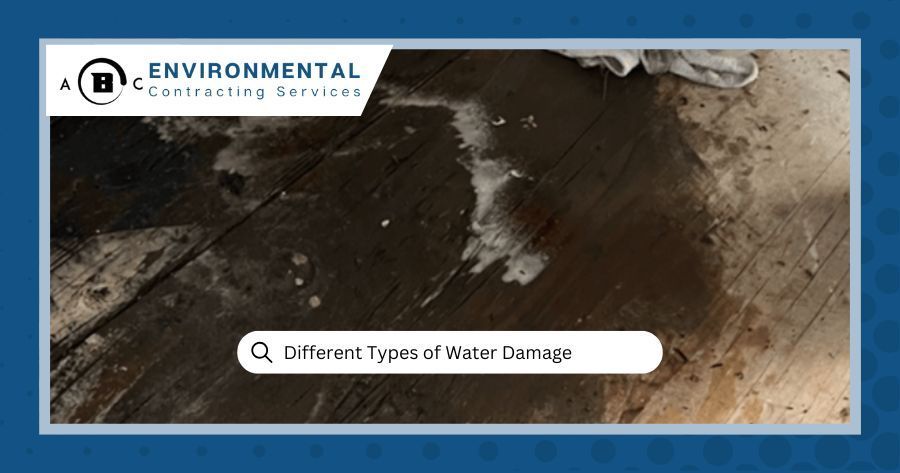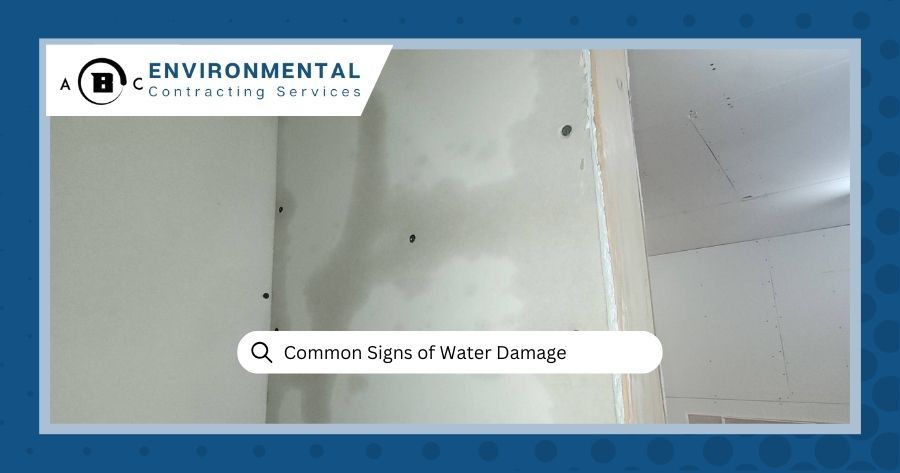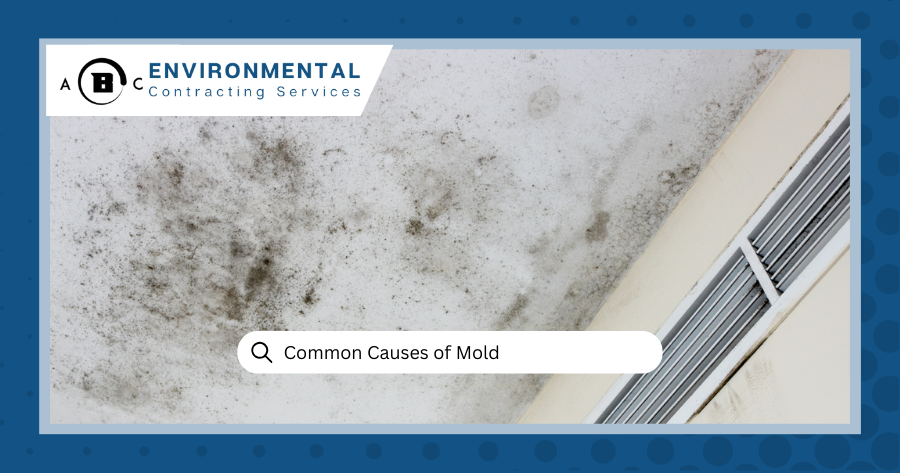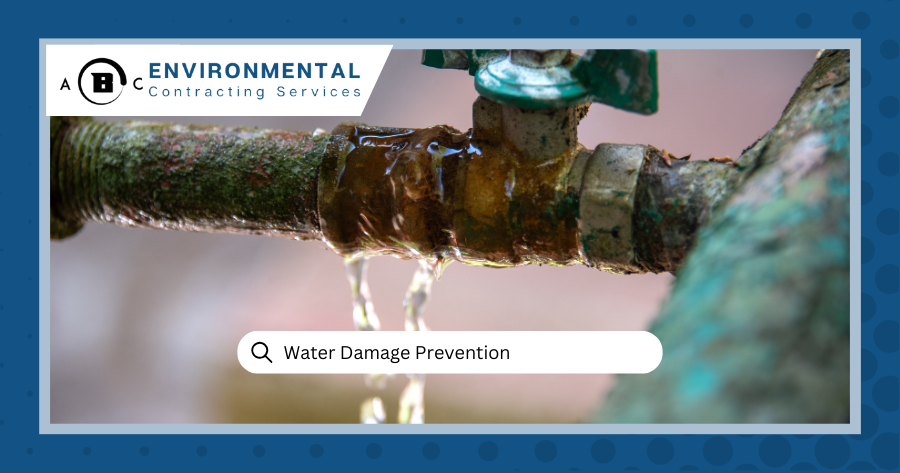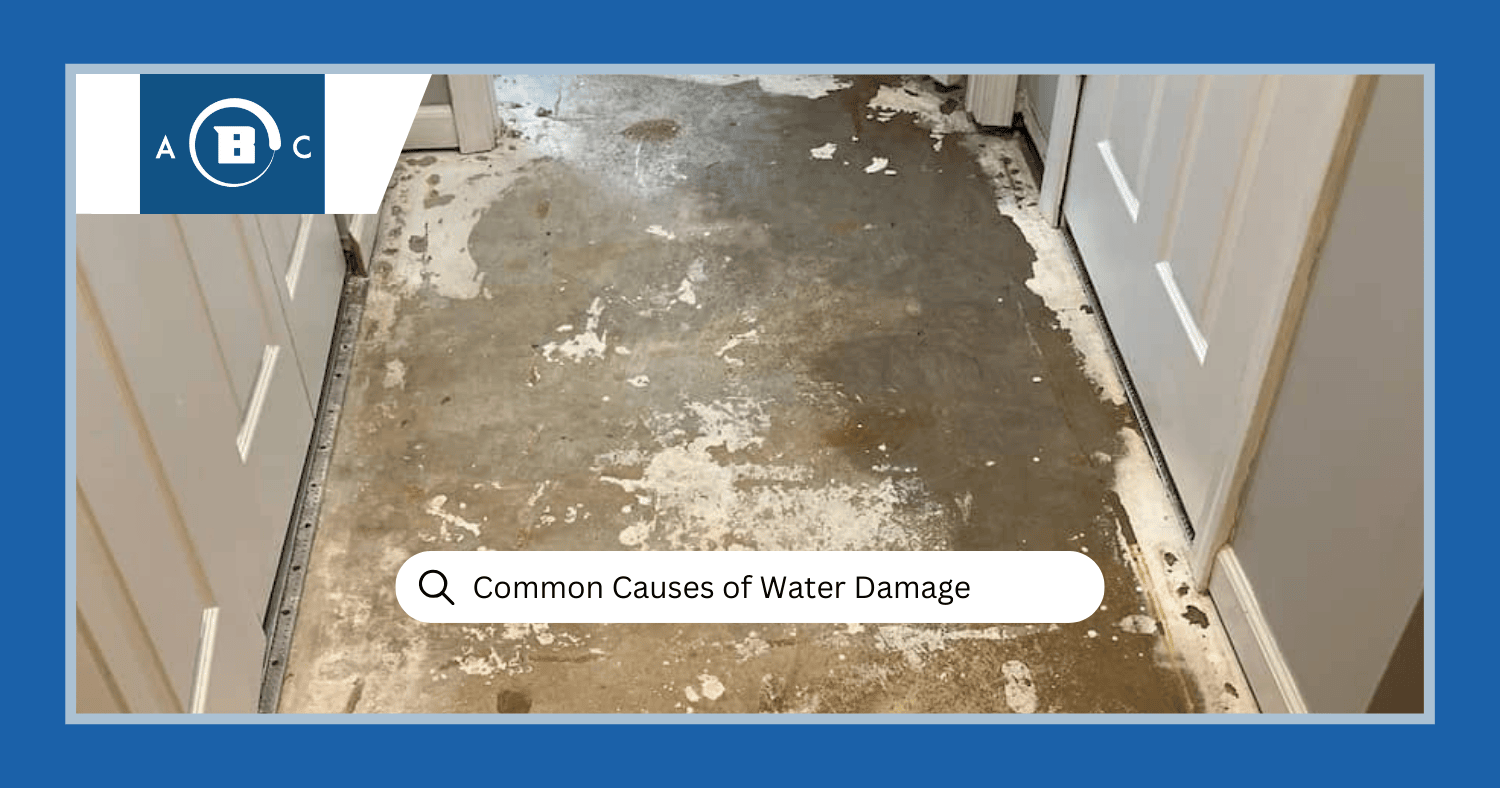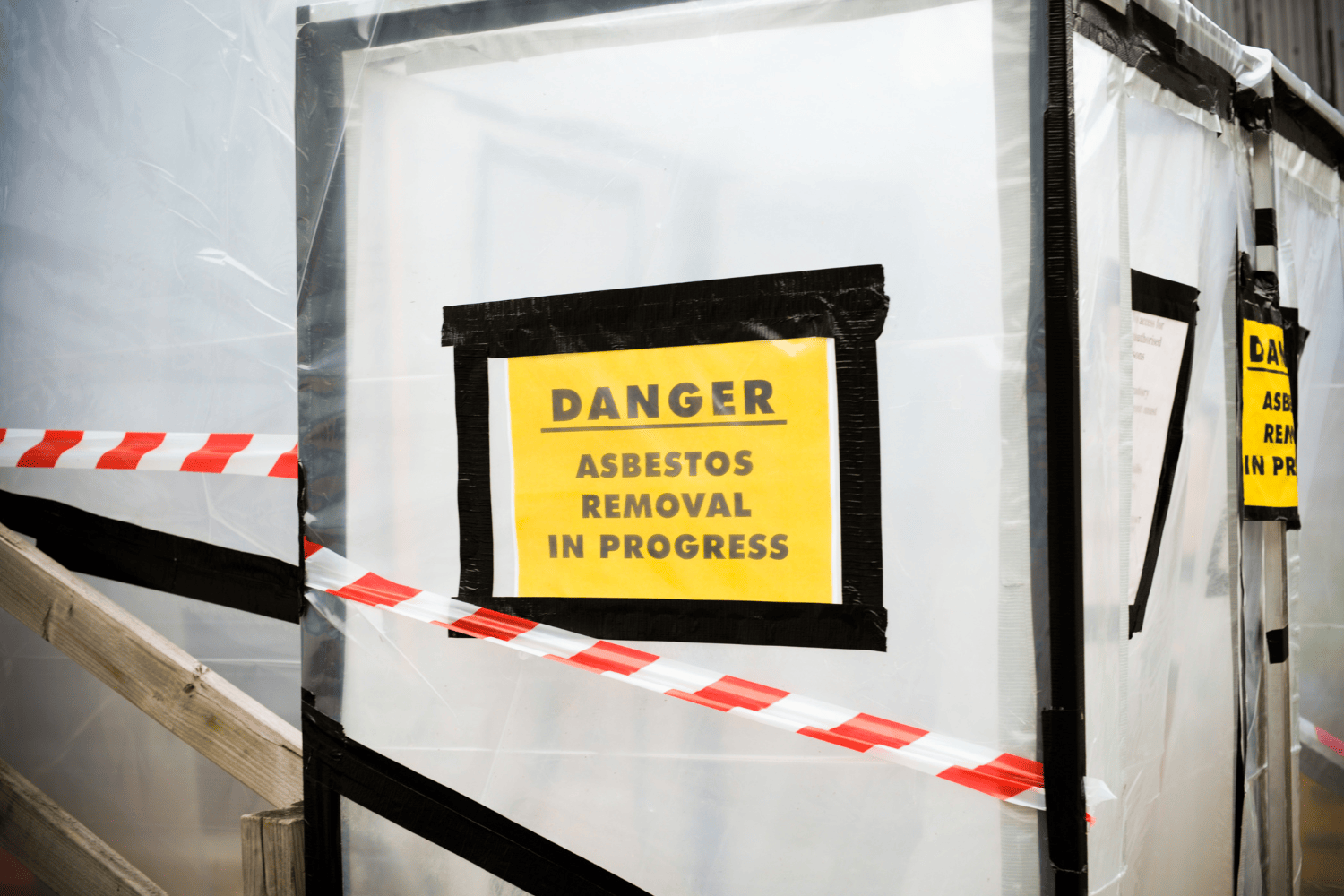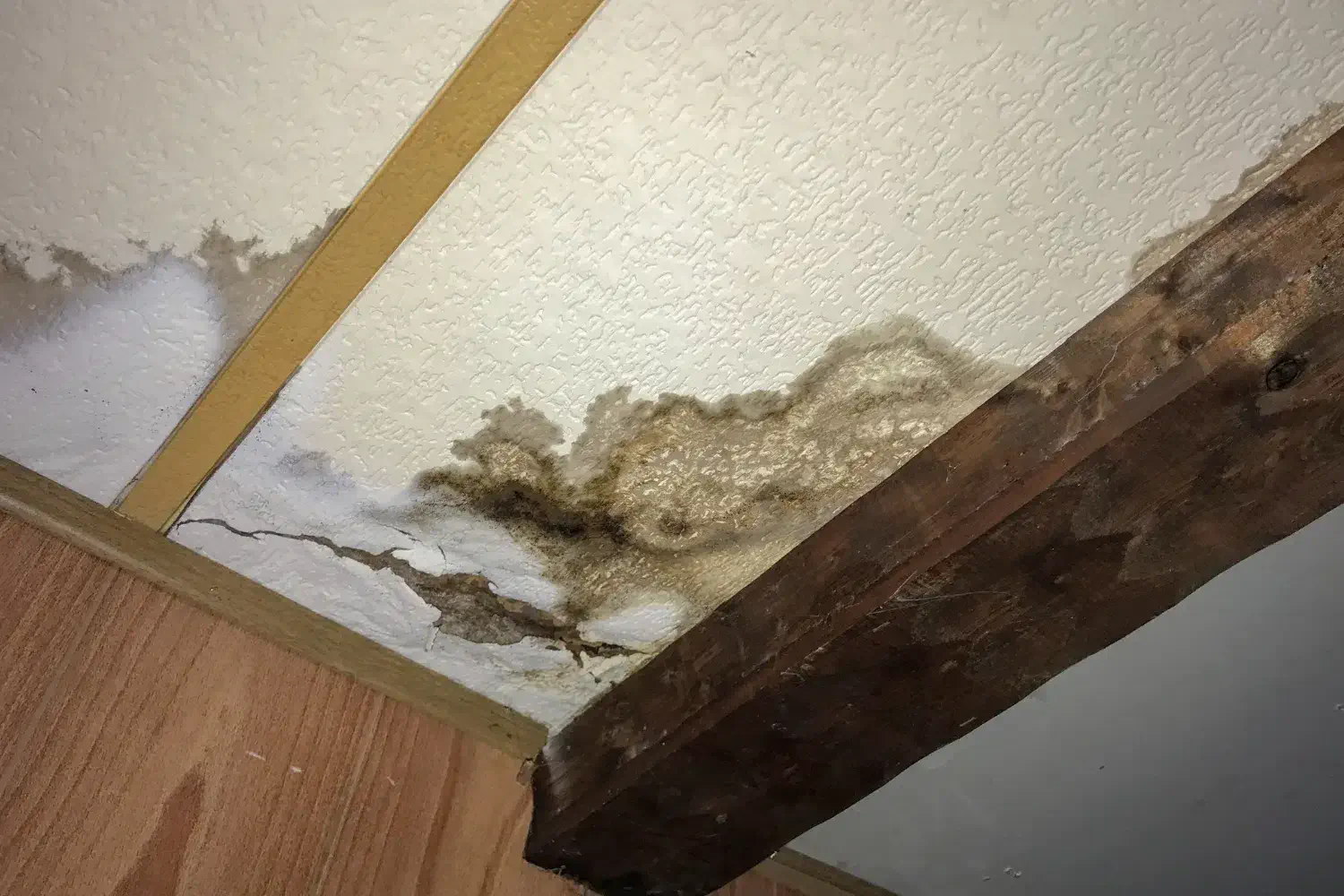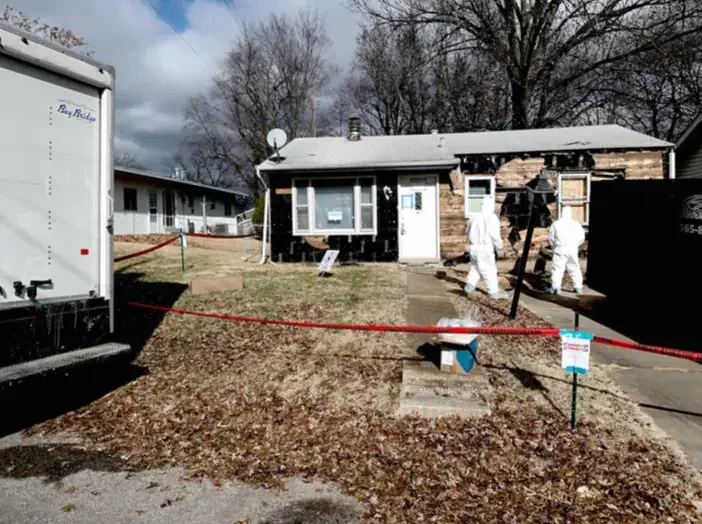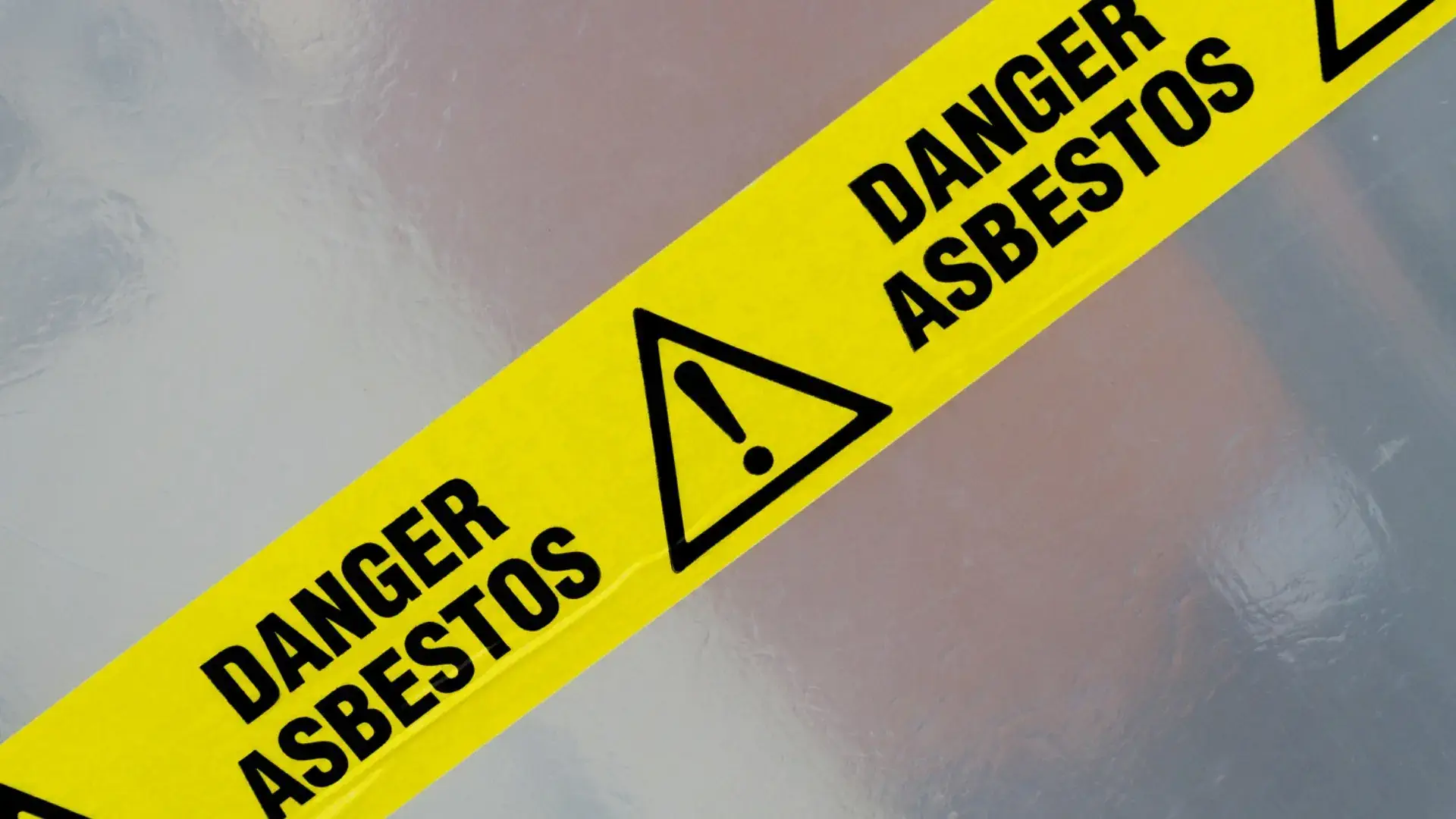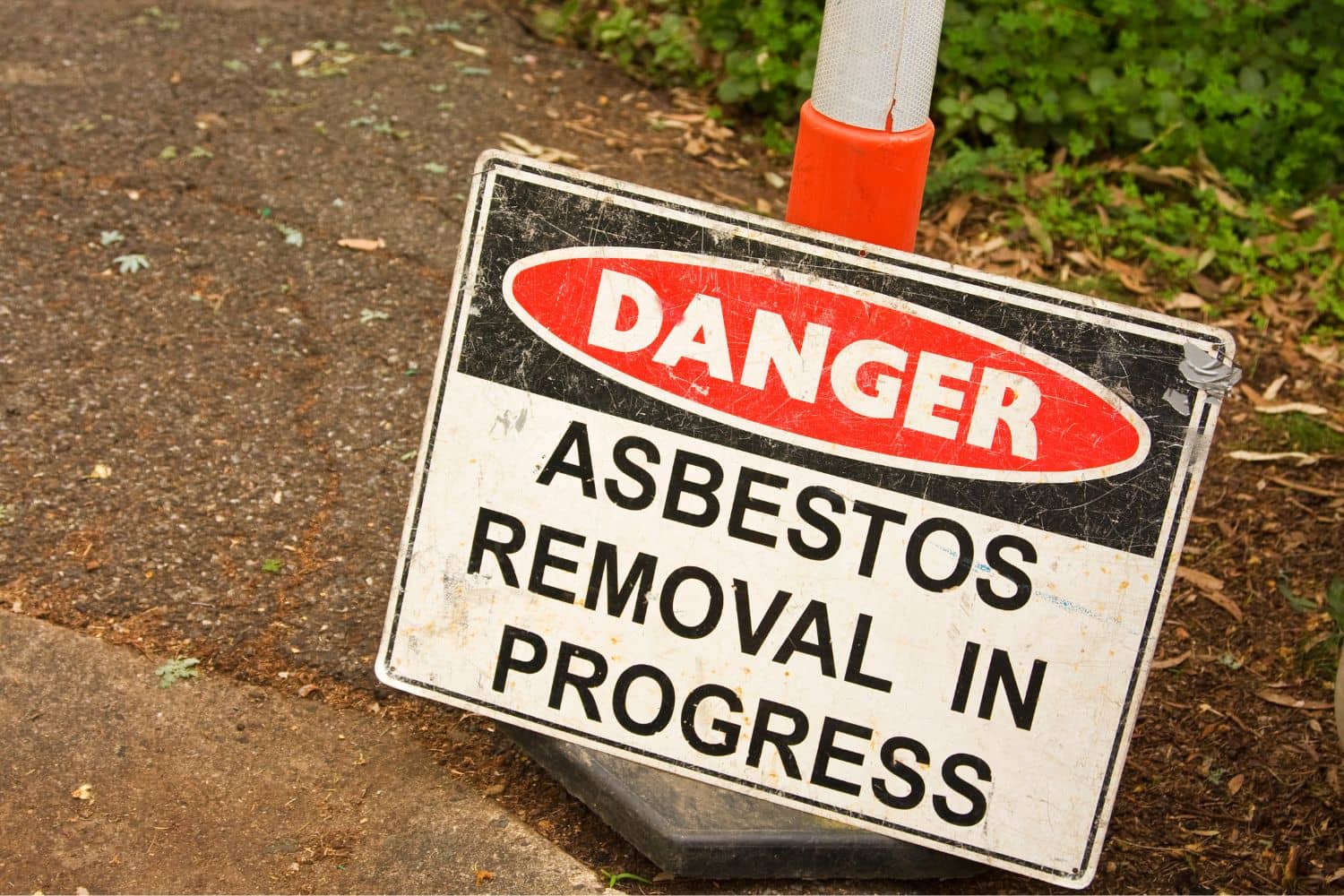Our Locations: St. Louis - Columbia - Springfield - Kansas City
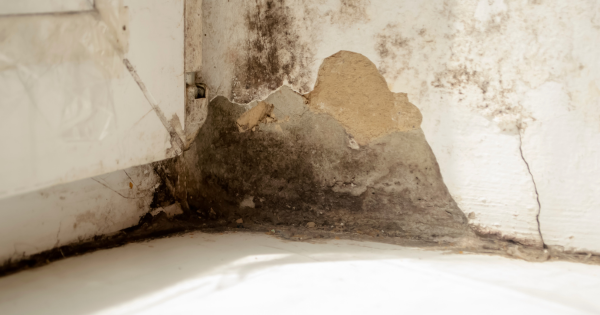
If I Find Black Mold in My Apartment, What Are My Rights?
Discovering black mold in your apartment can be a distressing experience. Not only does it pose health risks, but it also raises important questions about your rights as a tenant. This blog post aims to guide you through understanding your rights and the steps to take if you find black mold in your apartment. We'll also touch on recognizing the signs of mold and where it typically grows in apartments. Remember, while addressing mold issues, considering professional services like water damage restoration in St. Louis is crucial for effective and safe mold remediation.
Understanding Black Mold
Before diving into your rights, it's important to understand what black mold is. Black mold, or Stachybotrys chartarum, is a type of mold that appears black or dark green and thrives in damp, humid environments. It can be particularly harmful to health, causing respiratory issues, allergies, and other health problems.
Where Does Mold Most Commonly Grow in Apartments?
Mold loves moisture. Therefore, the most common places to find mold in an apartment include:
- Bathrooms, especially around showers and toilets.
- Kitchens, under sinks, and around refrigerators.
- Window Sills and window frames.
- Air conditioning and heating vents.
- Laundry areas.
Regular inspections in these areas can help in early detection.
How to Spot the Signs of Mold in Your Apartment
Recognizing black mold early is key. Here are some signs to look out for:
- Visible mold growth: Look for black, green, or white spots on walls, ceilings, or floors.
- Musty odors: A persistent musty smell can indicate hidden mold.
- Excessive moisture: Recurrent condensation on windows or walls can lead to mold growth.
- Health symptoms: Unexplained allergies, respiratory problems, or headaches can be signs of mold exposure.
What Are My Rights as a Renter with Mold?
Discovering black mold in your apartment is not just a health concern but also a significant legal issue. As a tenant, you have certain rights when it comes to dealing with mold in your rental property. Here's an expanded look at what those rights entail and how you can exercise them:
Right to a Habitable Environment
- Habitability: You have the right to a livable, safe, and sanitary apartment. This is a standard part of most rental agreements. Mold that affects the air quality or the structural integrity of the apartment can make a living space uninhabitable.
Landlord Responsibilities
- Landlord's Duty: Landlords are generally responsible for maintaining rental properties and fixing any conditions that could make the apartment unsafe. This includes remedying mold problems, especially if they result from structural issues like leaks or poor ventilation.
- Timely Repairs: Once you report mold, your landlord is typically required to address the problem within a reasonable timeframe. What is “reasonable” can depend on the severity of the issue and local housing laws.
Your Actions as a Tenant
- Notify in Writing: Always inform your landlord about the mold in writing and keep a copy of the communication for your records. This can be important if there are disputes later.
- Document Everything: Take clear photos of the mold and document any communication with your landlord, including dates and responses. This can be crucial evidence if legal action becomes necessary.
- Health Reports: If you or your family members are experiencing health issues that you believe are related to mold exposure, it may be helpful to get a doctor's report as this can strengthen your case.
Seeking Remedies
- Rent Withholding: In some cases, tenants are allowed to withhold rent if the landlord fails to address serious health hazards like mold. However, this is a complex area and often requires legal advice.
- Repair and Deduct: Some states allow tenants to pay for mold removal themselves and deduct the cost from their rent. This should be a last resort and only done after seeking legal advice and following proper legal procedures.
- Check Your Renters Insurance Policy: Renters insurance typically provides coverage for personal property damage, liability, and additional living expenses, but when it comes to mold, the coverage can vary significantly. Generally, renters insurance may cover mold damage if it is the result of a covered peril, such as water damage from a burst pipe, or a flood if you have flood insurance.
- Legal Action: If your landlord fails to address the mold problem, you may have grounds for legal action. This could include suing for damages, especially if you have health issues as a result of the mold.
- Breaking the Lease: If the mold problem is severe and the landlord does nothing, you might have the right to break your lease without penalty. Again, this can depend on state laws and the specific circumstances.
Consulting Legal Advice
- Legal Consultation: Given that laws vary by state and even by city, it's crucial to consult a legal professional or a tenant rights group to understand your specific rights and the best course of action.
What to Do if Your Apartment Has Mold
Finding black mold in your apartment is a serious concern, but knowing your rights can empower you to take the right steps. Always prioritize your health and safety, and don't hesitate to seek professional help or legal advice if necessary. If you discover mold, start by taking these steps:
- Document the issue: Take photos and make notes.
- Notify your landlord: Report the mold issue in writing.
- Avoid disturbing the mold: Disturbing mold can release spores into the air.
- Seek professional help: Consider hiring professionals for mold remediation. This is especially important for large infestations.
Contact ABC Environmental Contracting Services in St. Louis For Professional Mold Removal
Remember, mold can be a sign of broader issues, like water damage, so addressing the root cause is crucial. When choosing a mold remediation company, your best bet is to choose someone who can also handle water damage restoration. ABC Environmental Contracting Services in St. Louis is your local damage restoration company. We are a full-service restoration company, specializing in mold, water, fire, storm cleanup, and more. If you suspect mold in your apartment, give us a call at (314) 668-1509 or fill out the contact form on our website for a free quote.
This blog post is for informational purposes only and should not be construed as legal advice. For specific legal counsel, please consult an attorney.

Areas We Serve In Missouri

OFFICE HOUR
Monday – Saturday: 7:00am – 5:00pm
Sunday: 12:00pm – 3:00pm
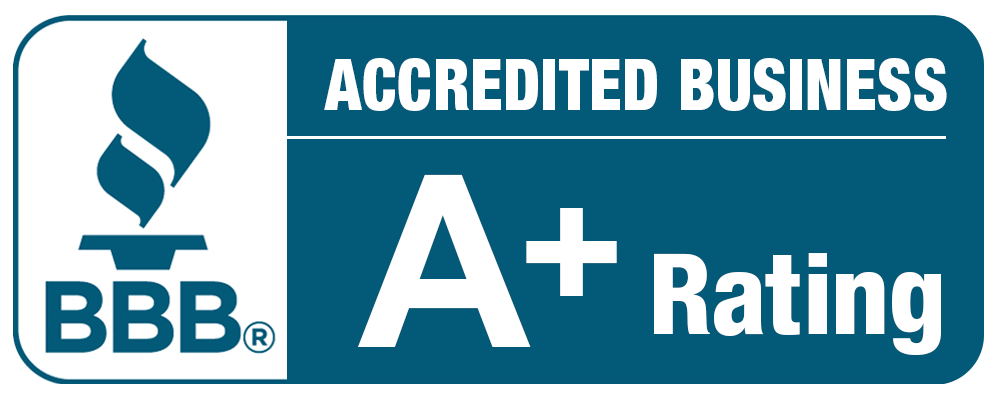
All Rights Reserved | ABC Environmental Contracting Services Of St. Louis
